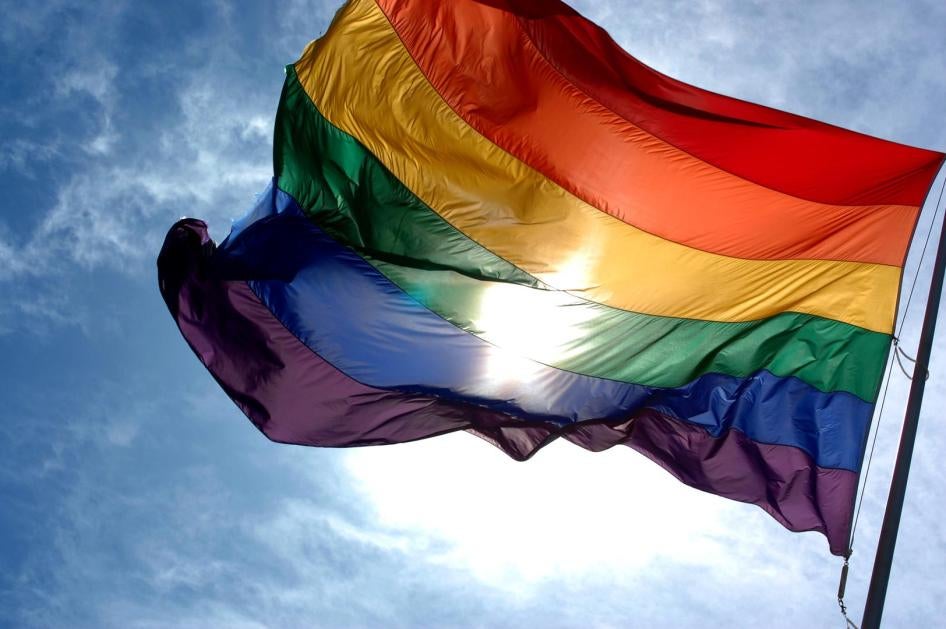As of March 1, Finland will allow same-sex couples to marry, bringing to thirteen the number of European countries with marriage equality laws.
Nils Muiznieks, the Council of Europe’s Commissioner for Human Rights, in a statement on February 21, affirmed that 27 of the Council’s 47 member states provide some form of legal recognition to same-sex partnerships, including the 13 countries with marriage equality.
|
Dispatches
Finland to Allow Same-Sex Marriage
Other Council of Europe Countries Should Back LGBT Rights
Your tax deductible gift can help stop human rights violations and save lives around the world.
Region / Country
Topic
Most Viewed
-
June 3, 2025
“They’re Ruining People’s Lives”

-
January 25, 2024
“We’re Dying Here”

-
November 25, 2019
A Dirty Investment

-
April 27, 2021
A Threshold Crossed

-
November 19, 2012
Losing Humanity




